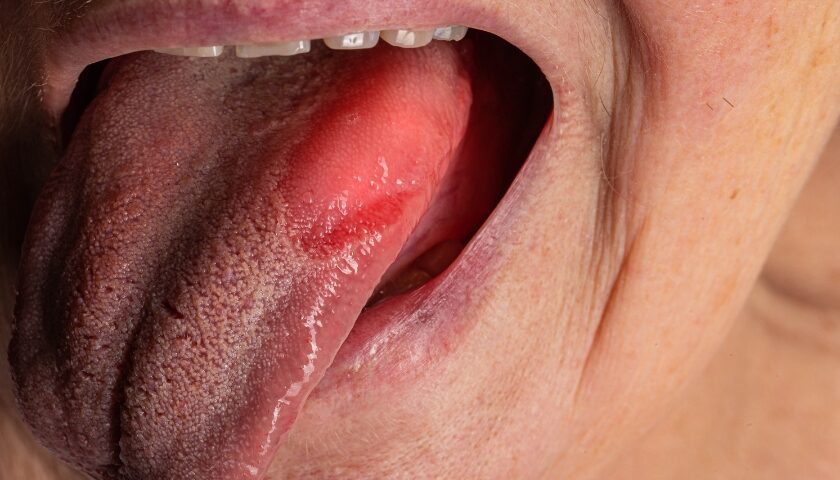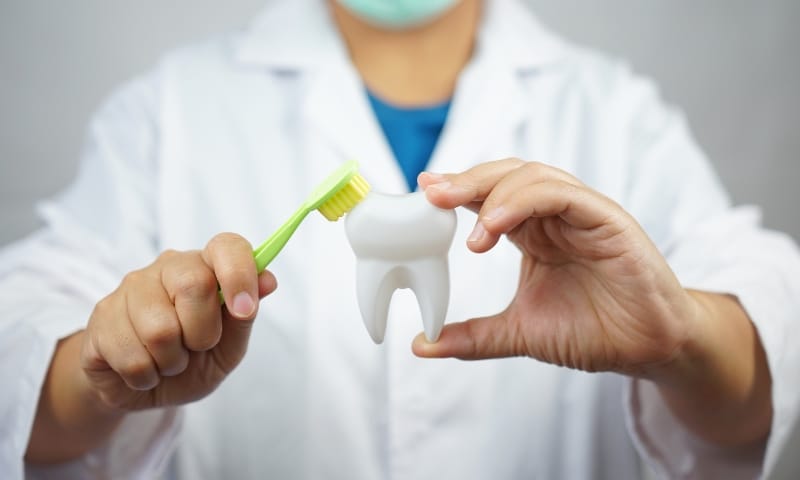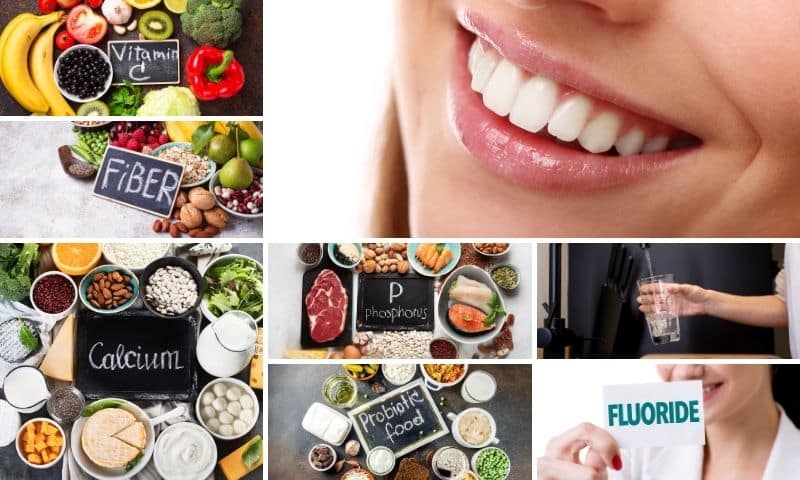Which Vitamin Deficiency Causes Black Spots on the Tongue?

Is There a Cure for Tooth Decay?
May 27, 2024
How to Remove Plaque from Dentures Instantly
June 10, 2024We’ve all seen them – those little black specks or patches on the tongue that can be alarming. While a cup of coffee or a glass of red wine might be the culprit sometimes, black spots on the tongue can also be a sign of something more. Let’s delve into the world of tongue discoloration and explore the potential causes, with a focus on whether vitamin deficiencies play a role.
The Truth About Taste Buds and Tiny Black Spots
First things first, the human tongue is a fascinating muscle covered in tiny bumps called papillae. These papillae house our taste buds, those amazing sensory organs that allow us to experience the world in delicious detail. Sometimes, these papillae can trap dead skin cells, debris, and even food coloring, creating the illusion of black spots. This is a harmless condition called benign transient lingual papillitis, often referred to as “hairy tongue.” Brushing your tongue gently and practicing good oral hygiene can usually clear these up.
Vitamin Deficiencies Associated with Black Spots on the Tongue
1. Vitamin B12 Deficiency
Vitamin B12 plays a crucial role in the formation of red blood cells, nerve function, and DNA synthesis. A deficiency in vitamin B12 can lead to various oral manifestations, including glossitis (inflammation of the tongue) and tongue discoloration. Black spots or patches on the tongue may occur due to changes in the papillae, such as small bumps on the tongue’s surface.
2. Iron Deficiency
Iron is essential for oxygen transport in the body and plays a role in maintaining healthy tissues, including the tongue. An iron deficiency, known as iron deficiency anemia, can cause changes in the tongue’s appearance, including black spots or a darkening of the tissue. Iron deficiency anemia may also lead to glossitis and other oral symptoms.
3. Folic Acid Deficiency
Folic acid, or vitamin B9, is important for cell growth and DNA synthesis. A deficiency in folic acid can result in oral manifestations such as glossitis and changes in the tongue’s coloration. Black spots on the tongue may occur due to alterations in the epithelial cells lining the tongue’s surface.
Addressing Vitamin Deficiencies and Black Spots on the Tongue
1. Dietary Changes
Increasing your intake of foods rich in vitamin B12, iron, and folic acid can help address deficiencies and improve oral health. Include sources such as lean meats, fish, eggs, dairy products, leafy green vegetables, legumes, and fortified cereals in your diet.
2. Supplements
In cases of severe deficiencies or if dietary changes alone are insufficient, supplements may be recommended. Consult with a healthcare professional or registered dietitian to determine the appropriate dosage and type of supplements for your needs.
3. Regular Monitoring
If you notice black spots or any changes in the appearance of your tongue, it’s essential to consult with a dentist or healthcare provider for a thorough evaluation. They can assess your oral health, identify any underlying deficiencies or conditions, and recommend appropriate treatment.
4. Oral Hygiene Practices
Maintaining a good oral hygiene routine is crucial for overall oral health, including the health of the tongue. Brush your teeth twice daily, clean your tongue with a tongue scraper or toothbrush, and floss regularly to remove plaque and bacteria that can contribute to tongue discoloration.
5. Medical Treatment
In some cases, black spots on the tongue may be associated with underlying medical conditions or medications. If deficiencies have been ruled out or addressed and black spots persist, further evaluation and treatment may be necessary.
When to See a Dentist
If the black spots on your tongue are accompanied by other symptoms like:
- Pain or burning on the tongue
- Difficulty swallowing
- Changes in taste
- Redness or swelling of the tongue
- Cracks or fissures on the tongue
It’s best to consult a dentist to rule out any underlying conditions.
Black spots on the tongue can be worrisome and might signal deficiencies in vitamins like B12, iron, or folic acid. Improving your diet, taking supplements, and practicing good oral hygiene can enhance oral health and reduce tongue discoloration. However, it is crucial to consult with a professional dentist in Olds, AB, for an accurate diagnosis and personalized treatment recommendations. By addressing these vitamin deficiencies and maintaining proper oral care, you can promote a healthy tongue and overall well-being.




